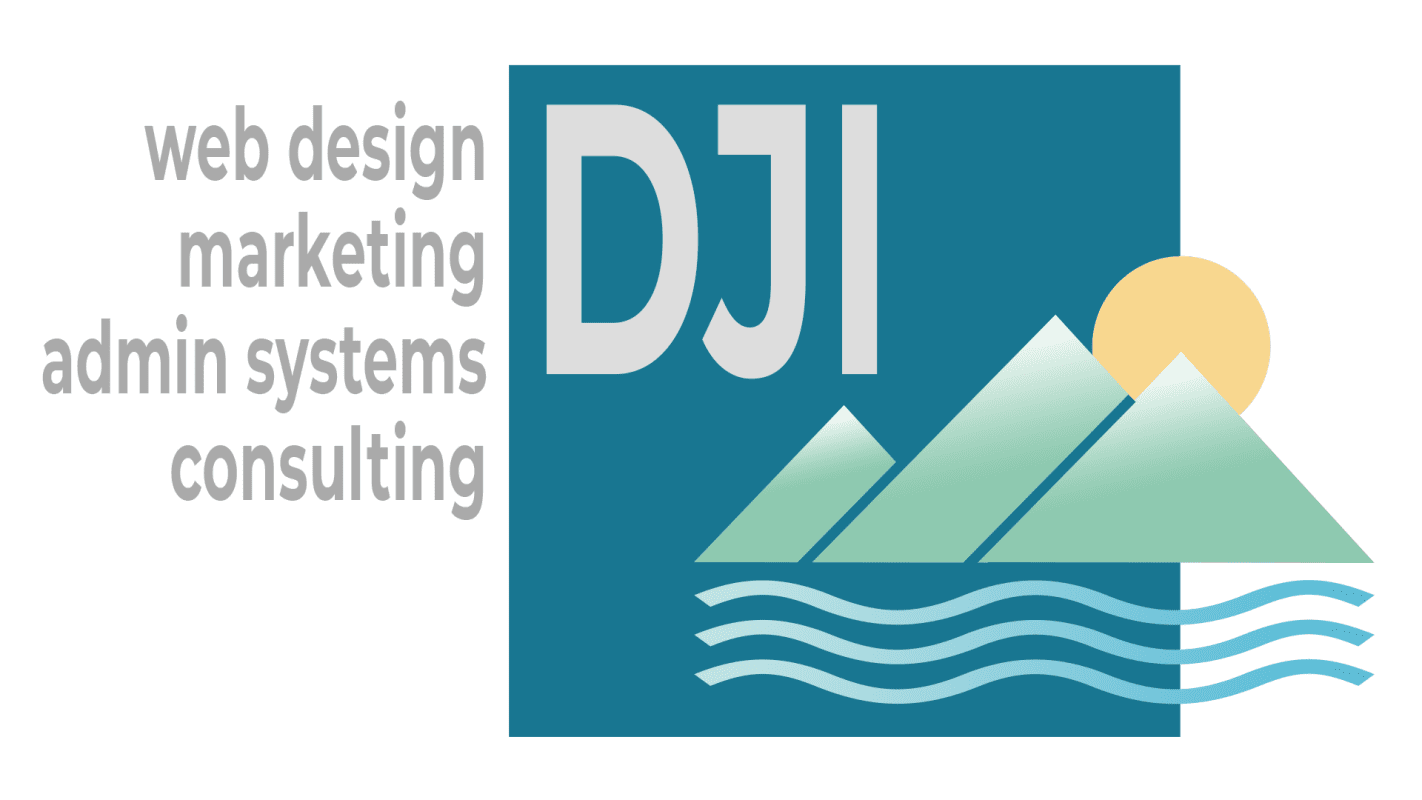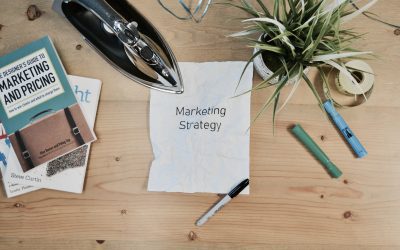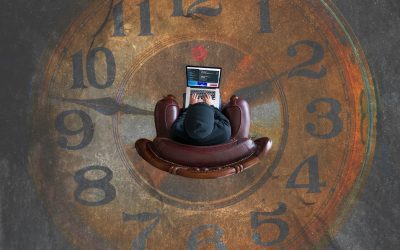These notes may well be significantly revised on a regular basis. If this sort of thing is of any interest I'd urge you to invest in yourself: bookmark and check back for regular updates, or perhaps even sign-up below for update notifications.
Click here to learn more about 'Pragmatics' and browse all my Notes ...
A particularly persistent productivity myth, which may be so ubiquitous it could be how people think of productivity itself, is the idea that working well is about maximising every waking moment of the day, to complete as much as you can, as fast as you can.
The focus on time in such an extreme manner may actually diminish our creativity.
In fact, trying to maintain perpetual achievement isn’t in tune with our fundamental human nature. According to “Deep Work” expert Cal Newport and other research, we only have three or four really productive hours available to us each day. The important thing is to recognise these and make the most of them.
“Being prolific is not about time management,” says Adam Grant, an organisational psychologist at Wharton. “There are a limited number of hours in the day, and focusing on time management just makes us more aware of how many of those hours we waste.”
In fact, the focus on time management may actually diminish our creativity, says Grant: “Productivity and creativity demand opposite attention management strategies. Productivity is fuelled by raising attentional filters to keep unrelated or distracting thoughts out. But creativity is fuelled by lowering attentional filters to let those thoughts in.”
Creative energy is a highly complex concept, with contradictory elements at play, according to psychologist Mihaly Csikszentmihalyi.
Creative people “rest often and sleep a lot,” he claims. “The important thing is that they control their energy; it’s not ruled by the calendar, the dock, an external schedule. When necessary, they can focus it like a laser beam; when not, creative types immediately recharge their batteries.”
So a strong recommendation is to identify and focus on the few hours of the day when you at your most productive. Work out the times of your most productive hours, and use a method like Eat The Frog or Time Blocking to do your most important work. Outside work hours, make conscious time to disconnect and ensure you’re getting enough sleep.










